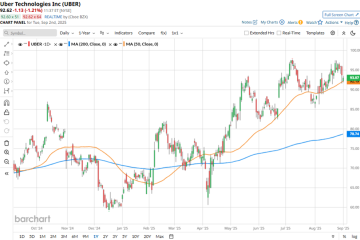Discovering Guatemala: Culture and Current Events

Introduction
Guatemala, a Central American nation known for its rich cultural heritage and stunning landscapes, is increasingly capturing global attention. As the country navigates through political, social, and economic challenges, its relevance on the world stage continues to grow. Understanding Guatemala’s current situation provides valuable insights into its resilience and the importance of its cultural contributions, making it a significant topic for both current affairs enthusiasts and global citizens alike.
Current Events in Guatemala
In recent weeks, Guatemala has been in the news due to a series of political shifts and social movements. The country held its presidential elections in June 2023, resulting in the controversial victory of Bernardo Arévalo, a candidate known for his progressive policies and anti-corruption stance. The election sparked significant discussions both locally and internationally regarding the future of democracy in Guatemala, where corruption has historically undermined governance.
Following his election, Arévalo’s government has faced challenges from opposition forces attempting to undermine his mandate. Protests erupted across major cities as citizens rallied behind the new administration, advocating for greater transparency and accountability. Amid this backdrop, human rights organizations have called for stronger measures to protect civil liberties, highlighting the importance of international cooperation in fostering a stable political environment.
Cultural Significance
Guatemala’s culture is a tapestry woven from its ancient Mayan heritage, Spanish colonial influences, and diverse indigenous communities. The nation’s UNESCO World Heritage Sites, such as Tikal and Antigua Guatemala, showcase its historical significance and attract tourism, vital for the economy. Additionally, Guatemala is renowned for its vibrant textiles, artisan crafts, and traditional culinary practices that offer insight into its people’s daily lives and customs.
The impact of globalization has both challenged and enriched Guatemalan culture. While some fear the erosion of traditional practices, many are finding ways to merge old and new, creating a dynamic cultural landscape that appeals to both tourists and locals. Festivals, such as La Fiesta de la Virgen de la Asunción, celebrate Guatemalan traditions, drawing hundreds of thousands each year and fostering national pride.
Conclusion
As Guatemala stands at a crossroads of political change and cultural preservation, the future holds both challenges and opportunities. The proactive stance of its citizens in combating corruption and advocating for democratic values is a testament to their resilience. For readers and observers, Guatemala remains a source of fascination—an evolving narrative of hope, cultural richness, and the relentless pursuit of equity and justice.
Looking ahead, the international community’s interest will be pivotal in supporting Guatemala’s democratic processes and ensuring that its cultural heritage continues to thrive amid modern challenges. Guatemala’s story is far from over, and its developments are sure to captivate the world for years to come.









